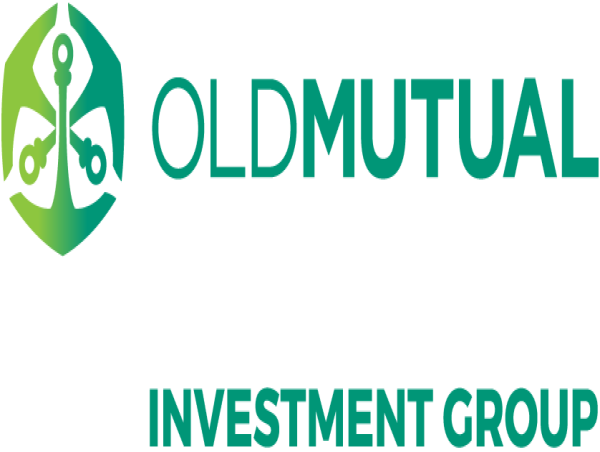Sustainability and environmental, social and governance (ESG) disclosures, as well as reporting, have become key focus areas within the practice of responsible investment and are certainly an arena to closely consider as we move through 2024. Sustainable investments have continued to increase in popularity globally in the recent past, with investors seeking to make a positive impact on the world while also generating returns. But with this comes concerns about the increasing need for regulation of this type of investment given the risk that companies could falsely claim their products are environmentally friendly or socially responsible, even if they are not.
Rising regulation
After many calls for transparency in sustainability practices, regulators around the world are finally clamping down on bad practices in this segment of investments.
According to the World Business Council for Sustainable Development’s (WBCSD) Reporting Exchange Platform, there are well over 2 400 sustainability regulations covering more than 80 jurisdictions worldwide, an increase of 155% from roughly 1 255 ESG regulations introduced worldwide since 2011. In recent years, South Africa along with the rest of Africa has also seen a marked increase in regulatory developments in line with this trend.
These regulations and policies aim to regulate the actions, reporting, or disclosures related to responsible investing.
Guidance for ESG disclosures for SA asset managers
In the local environment, the Financial Sector Conduct Authority (FSCA) has also jumped on this train, issuing guidance on ESG disclosure for local asset managers, conducting market reviews of ESG-labelled funds and taking enforcement action against companies that are misleading investors.
The FSCA’s guidance on Regulation 28 makes the consideration of ESG factors vital to evaluating the sustainability of an asset. It describes “sustainability” as “the ability of an entity to conduct its business in a manner that primarily meets existing needs without compromising the ability of future generations to meet their needs”. The FSCA's actions are certainly welcome and very much in line with international developments, as regulators globally are increasingly focused on ESG issues.
To mention a few of these global efforts, the European Union introduced the Sustainable Finance Disclosure Regulation (SFDR), which requires asset managers to disclose their ESG policies and how they are integrated into their investment decisions. In addition, 2023 was a notable year for sustainable regulation, with several developments in the regulatory space: the International Sustainability Standards Board (ISSB) released two reporting standards, the EU Corporate Sustainability Reporting Directive (CSRD) came into effect and California passed the first mandatory climate reporting laws.
This is a positive development. It will certainly, in addition to improved disclosure practices, help ensure that investors can make informed decisions when it comes to ESG and that companies are held accountable for their ESG/sustainability claims.
An evolving journey
Holding companies accountable for sustainability claims is important, now more than ever, as demand for ESG products increases and further products are expected to be launched with additional capital expected to flow towards ESG-friendly assets. This growth trend is expected to be strongly driven by millennial investors beginning to drive investment activity.
A top-down approach, with an investment strategy that is well articulated, is critical in driving sustainable investing and ensuring that bad actors who engage in greenwashing face consequences, eventually causing the practice to be done away with altogether. Again, the popularity of sustainable products won’t necessarily translate into easy adoption of practices; it is an evolving journey, and we need to embrace that process.
Having an aligned regulatory environment will help support these efforts, but after tackling regulatory issues, we should then also address the lack of data and standardisation on ESG metrics and the shortage of ESG investment professionals.
That is why the involvement of the FSCA is critical, not only for addressing disclosure standards but also for providing training for ESG investment professionals. We look forward to an enabling regulatory environment that further supports all the growth of a vibrant and transparent sustainability investment sector in South Africa.
www.oldmutualinvest.com/institutional
ENDS
Jonathan Edwards
CP Media Global Limited
email us here
![]()




_09_03_2024_01_03_36_873870.jpg)
